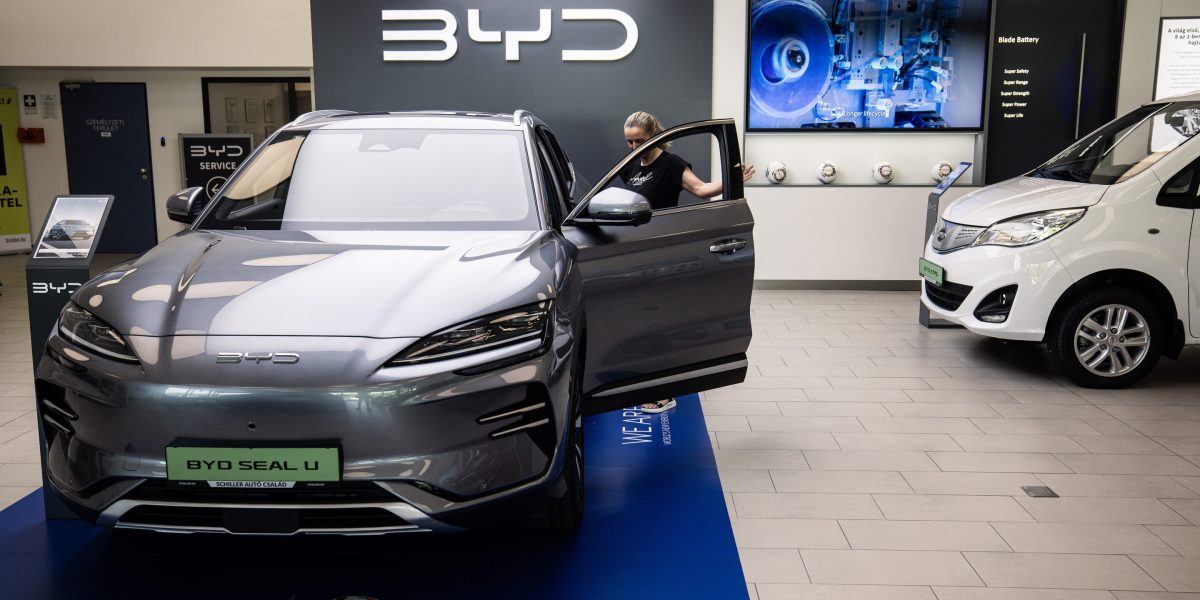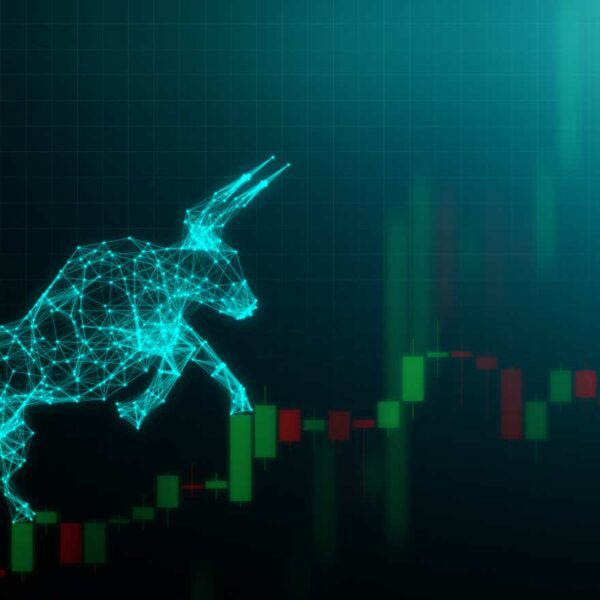

After overtaking their U.S. competitors in sales for the first time, Chinese carmakers are one step closer to fulfilling Tesla CEO Elon Musk’s prophecy that one day they would “demolish” most other car companies.
Chinese carmakers sold 13.43 million cars last year, outpacing the 11.93 million cars sold by American companies, according to a report by automotive data company JATO Dynamics. Warren Buffett-backed EV maker BYD produced the most popular Chinese car, a compact sedan called the Qin, and had two other vehicles in the top 25 most sold cars last year. Tesla, for its part, claimed the title of the best selling car in 2023 with the Model Y.
In a Tesla earnings call in January, Musk praised Chinese automakers, calling them the “most competitive” carmakers in the world. He also warned against Chinese automakers’ rapid growth.
“If there are no trade barriers established, they will pretty much demolish most other car companies in the world,” Musk said at the time.
That prediction may slowly be coming true as Chinese car brands look abroad to spur growth after seeing demand fall in China. Last year, Chinese automakers trailed only Japanese and European automakers in terms of global light vehicle sales, according to the report.
Felipe Muñoz, a senior analyst at JATO Dynamics, said the conformity of legacy carmakers is partly to blame for the rise of strong Chinese competitors.
“Negligence from legacy automakers, which has resulted in consistently high car prices, has inadvertently driven consumers towards more affordable Chinese alternatives,” Munoz said in a statement. “As car prices continue to rise elsewhere, Chinese car brands are capitalizing on this trend to gain market traction at a much faster pace.”
Confronted with the might of China’s growing auto sector, some legacy carmakers are taking action to compete. In Japan, two of its biggest automakers, Nissan and Honda, announced a partnership in March to compete with China on electric vehicles.
Some politicians have accused Chinese carmakers of unethical behavior while attempting to stymie their threat through tariffs. This week, the European Commission slapped three Chinese automakers, including BYD, with import tariffs ranging from 17.4% to 38.1% following a probe by the commission that found battery electric vehicles from China benefited from state subsidies unfair to global competition.
In May, President Joe Biden also increased the tariff on imported Chinese electric vehicles to 102.5% up from the previous rate of 27.5%.
“China’s policies could flood our market with its vehicles, posing risks to our national security. I’m not going to let that happen on my watch,” Biden said in a previous statement this year.















